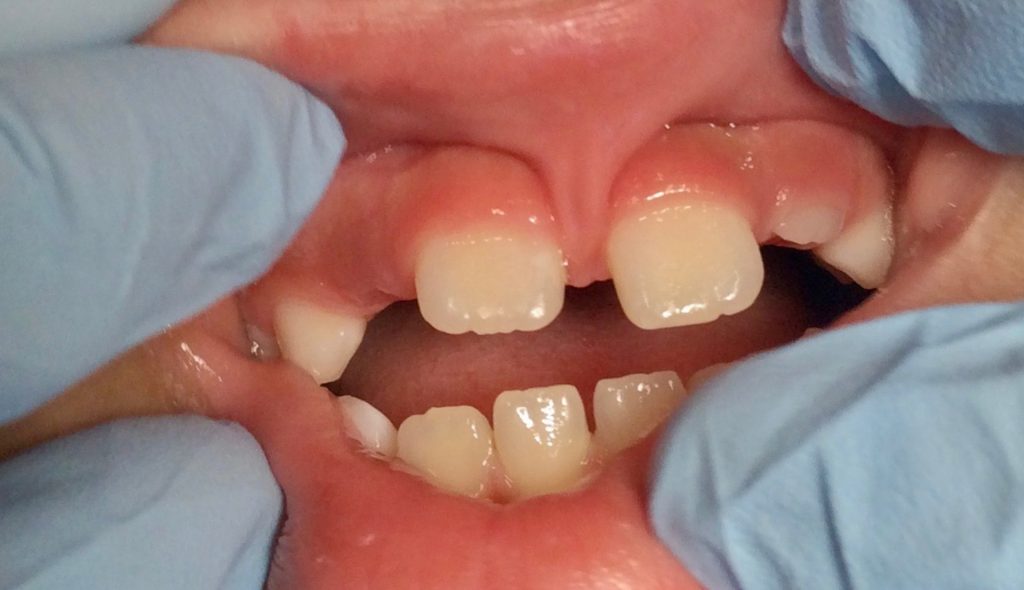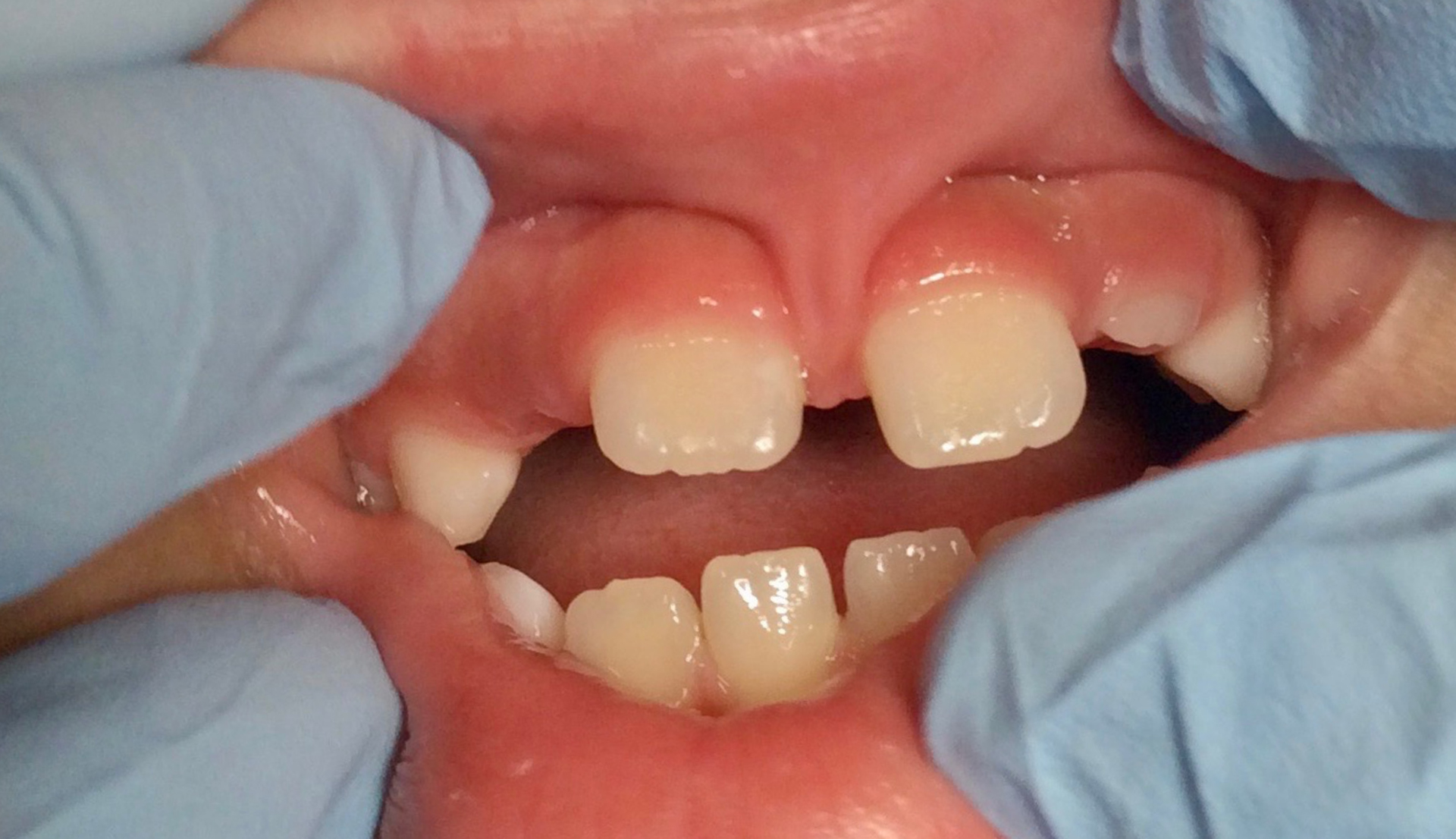Lip Tie Surgery – Understanding Lip Tie in Infants and Children: A Comprehensive Guide
Kirkland, WA – Lip tie, a condition often overlooked, can have significant implications on a child’s overall health and development. In this comprehensive guide, we will explore what lip tie is, how it affects infants and young children, and why it’s crucial for parents to consider having their children assessed by a trusted pediatric dentist. Additionally, we’ll delve into the lifelong benefits of addressing lip tie through surgery.
 What is Lip Tie?
What is Lip Tie?
Lip tie is a congenital condition where the strip of skin beneath the upper lip (the Frenulum) is abnormally short or tight, restricting the movement of the upper lip. This can impact various functions such as breastfeeding, speech development, and oral hygiene.
Identifying Lip Tie in Infants
Recognizing lip tie in infants can be challenging for parents, as the symptoms may vary. Common signs include:
- Breastfeeding Challenges: Infants with lip tie often struggle to latch properly, leading to difficulty in breastfeeding for both the baby and the mother.
- Speech Delays: As a child grows, a lip tie may contribute to speech impediments or delays in language development.
- Dental Issues: Lip tie can be associated with dental problems, such as misaligned teeth and difficulties in maintaining proper oral hygiene.
- Oral Hygiene Challenges: The limited movement of the upper lip can make it challenging for children to clean their teeth adequately, leading to an increased risk of cavities and gum disease.
The Importance of Early Intervention
Addressing lip tie early on is crucial for a child’s overall well-being. Seeking the expertise of a trusted pediatric dentist for an assessment is vital, as they can provide guidance on the most appropriate course of action.
Assessing Lip Tie: The Role of Pediatric Dentists
Pediatric dentists are specially trained to identify and address oral issues in children, including lip tie. During an examination, a pediatric dentist will evaluate the child’s oral anatomy, considering factors such as the appearance of the Frenulum and any associated symptoms.
If a lip tie is identified, the pediatric dentist will discuss potential treatment options with the parents. In some cases, a simple procedure known as a Frenectomy may be recommended to release the tight Frenulum and allow for improved lip movement.
Benefits of Lip Tie Surgery
- Improved Breastfeeding Experience – One of the primary challenges faced by infants with lip tie is difficulty latching during breastfeeding. Addressing the lip tie through surgery can significantly enhance the breastfeeding experience for both the baby and the mother.
- Enhanced Speech Development – Untreated lip tie may contribute to speech delays or impediments. By correcting the condition early on, children can experience improved speech development, potentially preventing long-term speech issues.
- Prevention of Dental Problems – Lip tie can lead to misaligned teeth and difficulties in maintaining proper oral hygiene. Frenectomy surgery can mitigate these concerns, reducing the risk of future dental problems and promoting optimal oral health.
- Psychological and Social Benefits – Children with untreated lip tie may experience social challenges related to speech impediments or dental issues. Addressing these concerns through surgery can boost a child’s confidence and overall well-being.
Choosing a Pediatric Dentist for Lip Tie Evaluation, Treatment, and Surgery
When seeking a pediatric dentist for lip tie evaluation and treatment, it’s essential to choose a professional with experience in pediatric oral health. Parents should look for the following qualities in a pediatric dentist:
- Specialization: Choose a dentist who specializes in pediatric dentistry, as they possess the expertise to address the unique needs of children.
- Experience: Look for a dentist with experience in diagnosing and treating lip tie in infants and young children.
- Compassion: A compassionate and patient-centered approach is crucial when dealing with young patients. Choose a dentist who prioritizes the comfort and well-being of the child.
In conclusion, understanding lip tie in infants and young children is vital for proactive parenting. Recognizing the signs and seeking the expertise of a trusted pediatric dentist can lead to early intervention, offering a range of benefits, including improved breastfeeding, enhanced speech development, prevention of dental problems, and overall psychological and social well-being.
Parents are encouraged to prioritize their child’s oral health and consider consulting with a pediatric dentist if they suspect their child may have a lip tie. Early intervention can pave the way for a lifetime of positive oral health outcomes and overall well-being for their children.



